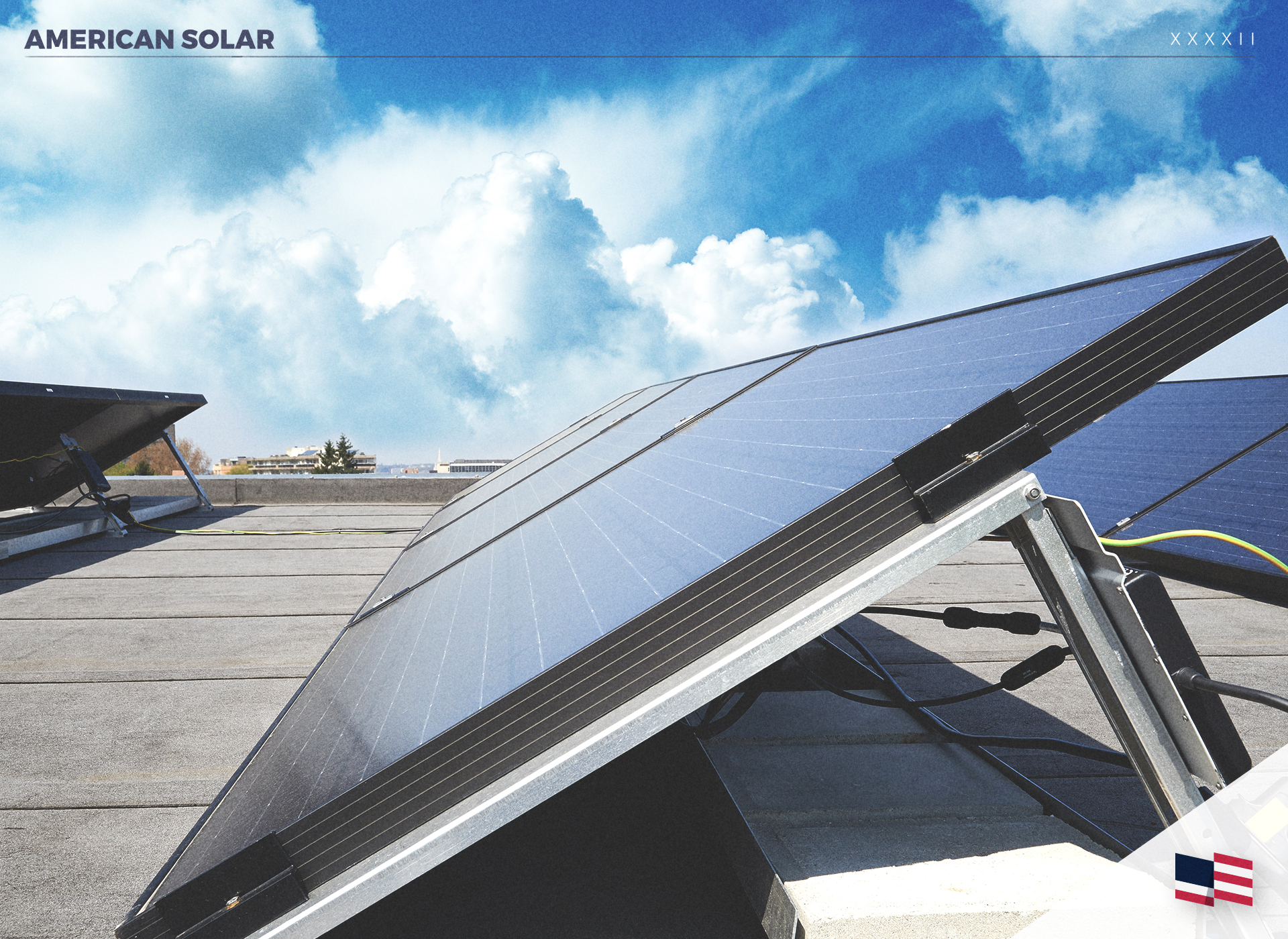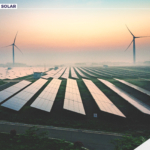
Solar panels are popping up on roofs all over the country! And for good reason. Have you ever thought about why so many are going solar these days? Caring about the environment, reducing your carbon footprint and preserving the environment for generations to come, are good enough reasons for many people to make the transition. But another big reason for going solar is the fact that homeowners can save a lot of money.
Utility bills vs. Monthly payments for solar panels
Utility bills vary throughout the year, changing regularly and making it hard for homeowners to plan their financials. The transition to solar enables homeowners for the first time to take control over their expenses while saving more, and as a bonus, do good for their community and the environment.
On average, a homeowner can expect a solar energy system to cost about $15,000 to $20,000, depending on many factors such as your needs, the size of your home, and your energy use–BUT purchasing solar panels to power your home can save you about $45,000 over the nearly next 25 years.
How much can solar panels save you?
Here are five key factors that can affect your return on investment from solar, and how soon you see that return.
- Flat rate electricity
When you go solar, the first significant savings you’ll discover will come from your electricity bill. Your solar energy system can generate up to 100 percent of your electricity needs, getting rid of your electricity bill and freeing up more money every month to spend or invest elsewhere. Basically, once solar is installed, you will see an infinite discount on your utility bill — and will pay a flat monthly rate from the first month onward. Your monthly payments for solar panels, unlike the increase of solar companies of 6% on average a year, won’t change over time, putting you in control of your finances. - Financial incentives in your state
The United States solar programs include a federal tax credit (ITC) of 26% that can help you recoup an average of $9,000 on your solar panel costs and installation. In addition, different states have different incentives for making a cleaner choice to power your home. Find out what your area has benefits you can cash in on when you add solar panels to your home. It could help reduce the overall costs of your solar system and help you pay it off faster. - Retirement investment strategy using Solar
The majority of homeowners are unaware that installing a solar panel system might be one of the most cost-effective retirement investment options. Those who are saving for retirement tend to invest in lower-risk options. Solar panels are a logical fit since they provide consistent, growing returns, similar to those associated with traditional investments such as stocks and bonds, but without the market’s unexpected oscillations. - The impact of solar on your property value
Homes with solar panels sell for about 4% more on average than homes without solar panels, according to Zillow. As new buyers look more and more for that eco-sustainable lifestyle, solar panels are likely to be a fantastic deal maker when it comes to selling your home for a little bit more than you otherwise would. The work is already done, the energy bill is lower, and they can feel good about buying a home that reduces their carbon footprint. - Going solar can lower your tax bill
As we mentioned, purchasing solar panels earns you a federal tax credit with the ITC. So when you install your solar panel installation, you’ll get credit for your income taxes that actually lower your tax bill.
Installing solar panels is a smart investment for homeowners that allows them to take control of their electric costs and gain peace of mind for the future of the planet. To get your own personalized quote, contact us at American Solar!




